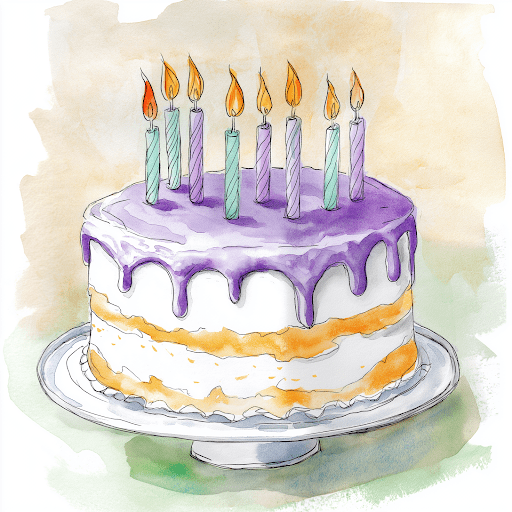
Have you ever heard of the concept of “shuttering”? I hadn’t until recently. During my morning reading, I stumbled upon an interesting Apple News article about Costco closing. My initial reaction was, “Oh my! First Red Lobster, now Costco?” Naturally, the headline did its job and grabbed my attention. It turns out Costco isn’t closing permanently; they’re shutting down for a day of rest, something they call a “shutter.”
The concept of “shuttering” is about taking a deliberate pause or break to rest and reset. It’s like closing a camera shutter to protect the sensor from overexposure, giving it a chance to reset before capturing the next image. This got me thinking about how we often go full throttle in life, never taking time to rest. In a world that glorifies constant hustle, we forget the importance of self-care. Managing our emotional and mental health through rest isn’t just about taking a break; it’s a form of stewardship. It’s about responsibly caring for the body and mind God has given us.
Self-Care as Stewardship
1. Understanding Stewardship:
Stewardship means taking care of something that has been entrusted to us. God has given us our bodies and minds to steward responsibly. This includes managing our health by ensuring we get enough rest and practice self-care.
2. Emotional and Mental Health:
Just as we maintain our physical health through diet and exercise, we must also care for our emotional and mental health. This involves recognizing when we need a break and taking steps to reduce stress and avoid burnout. According to the Centers for Disease Control and Prevention (CDC), about one in three adults don’t get enough sleep, which can lead to serious health issues such as heart disease, diabetes, and depression.
3. Biblical Foundation:
The Bible speaks about the importance of rest and caring for our bodies. In 1 Corinthians 6:19-20, it says, “Do you not know that your bodies are temples of the Holy Spirit, who is in you, whom you have received from God? You are not your own; you were bought at a price. Therefore honor God with your bodies.” This verse reminds us that our bodies are sacred and should be treated with respect and care.
Practical Steps for Self-Care
So, how can we practice self-care as a form of stewardship? Here are some practical tips:
1. Prioritize Rest:
Make rest a non-negotiable part of your routine. This could mean getting enough sleep each night, taking short breaks throughout the day, or setting aside time each week for relaxation and rejuvenation.
2. Practice Mindfulness:
Engage in activities that promote mindfulness and relaxation, such as prayer, meditation, or deep breathing exercises. These practices can help reduce stress and improve mental clarity.
3. Physical Care:
Take care of your body by eating nutritious foods, staying hydrated, and exercising regularly. Physical health is closely connected to mental and emotional well-being.
4. Seek Support:
Don’t be afraid to seek support when needed. This could mean talking to a friend, joining a support group, or seeking professional counseling. Taking care of your mental health is a vital aspect of self-care.
The Benefits of Stewardship
Practicing self-care as stewardship brings numerous benefits. It helps prevent burnout, improves emotional resilience, and enhances overall well-being. More importantly, it honors God by respecting and caring for the bodies and minds He has given us. By taking time to rest and rejuvenate, we can better fulfill our God-given purpose and serve others more effectively.
Final Thoughts
In a world that never stops, it’s essential to remember that self-care is a form of stewardship. Managing our emotional and mental health through rest is not a luxury but a responsibility. By prioritizing self-care, we honor God and ensure we are equipped to carry out His will.
So, what do you think? How do you practice self-care as stewardship in your life? I’d love to hear your thoughts and experiences in the comments below!



